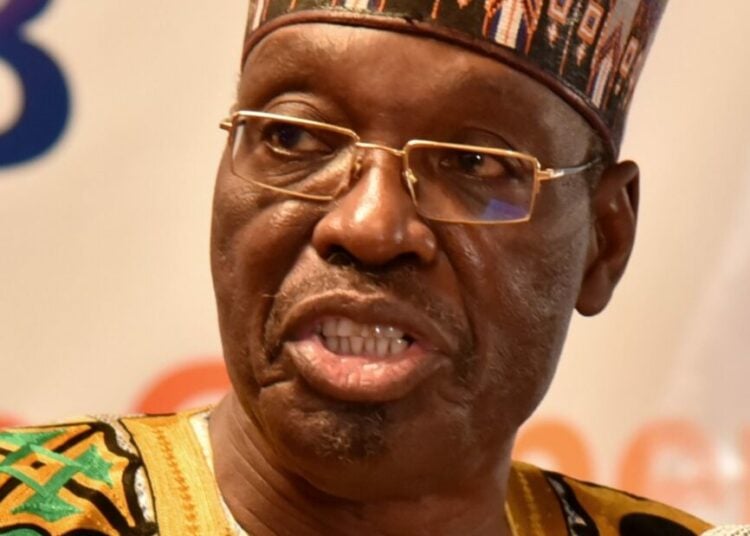Preliminary results from Cameroon’s presidential election suggested that opposition leader Issa Tchiroma Bakary ws making unexpected gains in regions long considered strongholds of President Paul Biya, who has ruled the Central African nation for over four decades.
Early tabulations from several commune councils across the country showed Bakary’s Front for the National Salvation of Cameroon (FSNC) gaining ground against Biya’s ruling Cameroon People’s Democratic Movement (CPDM).
Biya, 92, who is seeking another term in office, faced nine challengers, including former allies and cabinet members such as Bello Bouba Maigari, a former Minister of Tourism, and Bakary, who until recently served as Minister of Employment.
The long-serving leader cast his vote at a primary school in Yaoundé, the capital city, where he declined to discuss his chances. “I will wait for the official results,” Biya said briefly after voting.
A journalist monitoring the process said Bakary, 79, was leading in several polling booths across Yaoundé’s seven commune provinces.
“From the results coming from various polling booths across the seven commune provinces in Yaoundé, Bakary is taking an early lead,” the source said.
Each commune reportedly contains between 40 and 50 polling booths, making Yaoundé a key battleground in the contest.
Bakary, who hails from Garoua in the Far North Region, is also said to be outperforming Bello Bouba Maigari in their shared home region, a surprising twist in what was expected to be Biya’s traditional power base.
However, analysts believed the CPDM remains strong in the Far North and the English-speaking Southwest and Northwest regions, collectively known by separatists as Ambazonia.
Another journalist monitoring the vote count confirmed that Bakary also secured the majority of diaspora votes cast at Cameroonian embassies, except in Moscow.
“It’s unprecedented since the 1992 presidential elections for an opposition candidate to make such early gains,” the journalist observed.
Despite the early momentum, officials have warned that the results were still provisional. The Constitutional Council is expected to validate and announce the final outcome within two weeks.
A political analyst cautioned that Cameroon’s electoral process often leaves room for manipulation.
“Even this result can be changed by the electoral commission or the Supreme Court to install whoever they prefer next,” the source said.
Cameroon operates a single-round voting system, meaning the candidate with the highest number of votes is declared the winner, a structure that has long favoured the incumbent.
If the early trends hold, however, this election could mark the strongest challenge yet to Biya’s decades-long hold on power.





